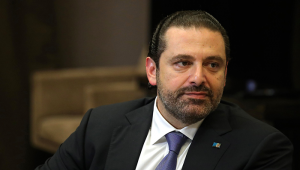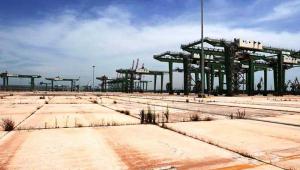By Richard Johnstone | 31 July 2012
A ‘significant portion’ of the US government’s $400m investment in large-scale infrastructure projects in Afghanistan in 2011 might be wasted, inspectors have warned.
Reporting to Congress yesterday, the special inspector general for Afghanistan reconstruction revealed the value of the investment is affected by weaknesses in the planning and execution of projects, as well as risks from the counter-insurgency military efforts.
Inspector John Sopko said that the future of Afghanistan ‘depends to a large degree on the successful execution of billions of dollars of reconstruction programmes over the next two years’. International troops plan to withdraw from the country by the end of 2014.
The end of US combat presence, as well as the persistence of the Taliban and the handover of security functions to the Afghan government, increases the pressure to complete vital projects before then, he said.
‘All of us in the oversight community must aggressively scrutinise this work to protect taxpayer dollars by identifying problems and offering corrective action before it is too late.’
However, he added that the US’s involvement in the country since 2001 had not ‘cleared the landscape of serious problems’. For example, recent audits found some construction was so poor it prevented some multimillion dollar border police bases from being properly used. One base is unoccupied because it has no viable water supply.
Sopko said that if Congress approves President Obama’s current request for new reconstruction funding, the US will have committed almost $100bn to rebuilding Afghanistan since 2002. Using this money effectively ‘poses tremendous challenges’ amid ‘serious uncertainties about project sustainability’, and the ‘window of opportunity is closing’ to boost efficiency and prevent waste.
He announced that the inspectorate would intensify its oversight work and was set to agree strategic audit plan with the state and defence departments and the US Agency for International Development.
This plan was intended to ‘maximise oversight resources to scrutinise programmes essential to achieving US reconstruction goals during this critical transition period’, Sopko said. Auditors would examine the status of projects and recommend improvements to sustain US investment in Afghan institutions and infrastructure.
However, he added that the inspectors’ work needed to ‘move beyond the granular diagnoses of particular projects’ to examine the systemic causes of any deficiencies. It would now examine whether past recommendations had been adopted, and whether there were lessons to be learned for future operations.
Security and sustainability were ‘the two biggest challenges in Afghanistan reconstruction’, the inspector’s quarterly report concluded. Without effective security – the object of more than $50bn in US appropriations since 2002 – governance and socioeconomic development could not succeed, Sopko warned.













